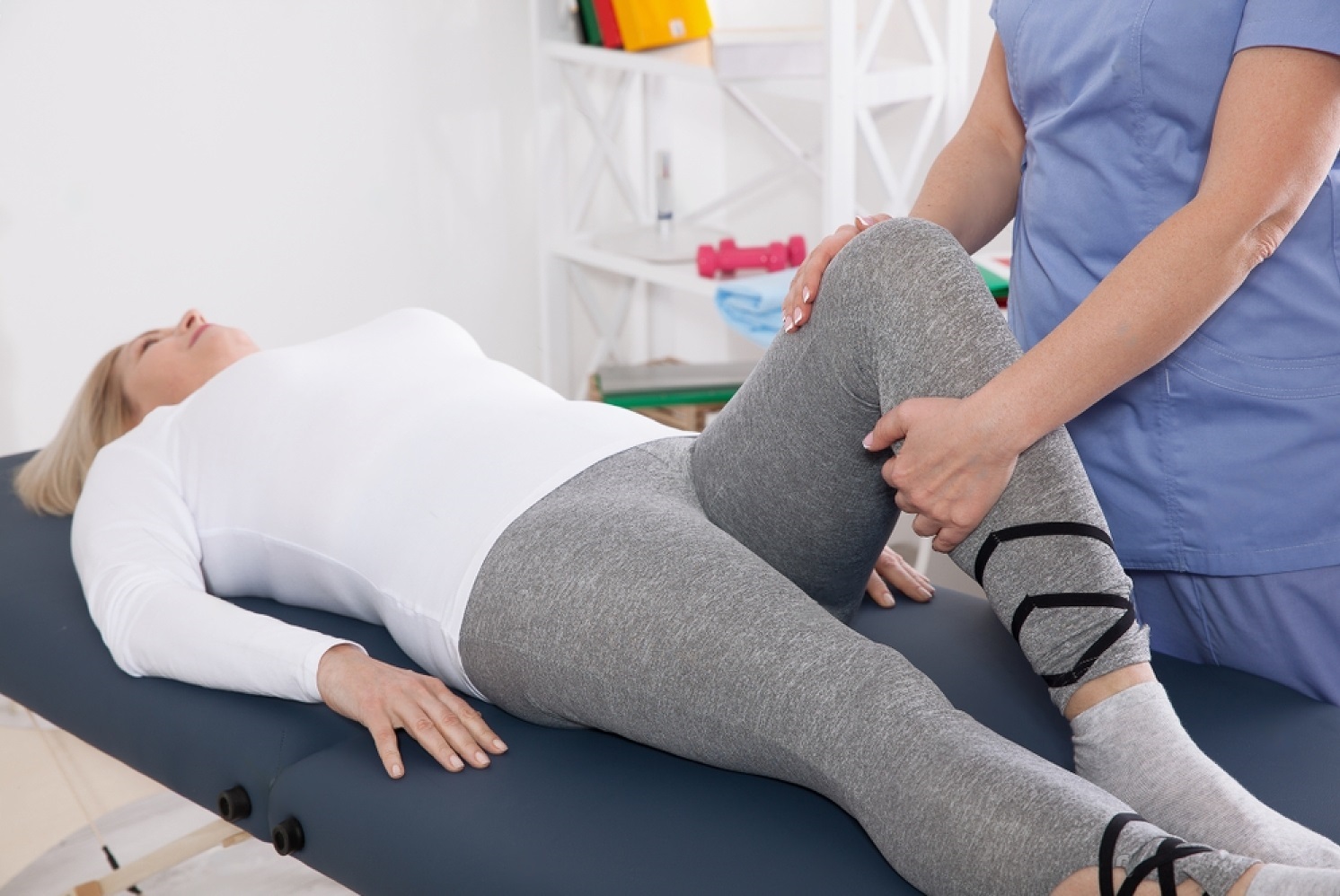Knee pain affects millions of people worldwide and can significantly impact daily activities, from walking to participating in sports. Fortunately, physiotherapy offers effective solutions for managing and alleviating knee pain. In this guide, we’ll explore how physiotherapy techniques can help relieve knee pain and improve overall knee health.
Understanding Knee Pain
Knee pain can stem from various causes, including injury, arthritis, overuse, or underlying medical conditions. The knee joint, one of the largest joints in the body, consists of bones, ligaments, tendons, and cartilage, all working together to support movement. Symptoms of knee pain may include swelling, stiffness, weakness, and difficulty bending or straightening the knee.
The Role of Physiotherapy
Physiotherapy plays a crucial role in treating knee pain by addressing its underlying causes and improving joint function. Unlike medication or surgery, physiotherapy focuses on holistic approaches to pain management and rehabilitation. By targeting specific muscles, ligaments, and joint structures, physiotherapy aims to restore mobility, reduce pain, and enhance overall knee function.
Techniques Used in Physiotherapy
Physiotherapists employ various techniques to alleviate knee pain and improve joint mobility. Manual therapy involves hands-on techniques like massage and joint mobilization to reduce pain and improve flexibility. Therapeutic exercise programs are tailored to each individual, focusing on strengthening muscles around the knee joint and improving range of motion. Additionally, electrotherapy modalities such as TENS units and ultrasound may be used to manage pain and promote tissue healing.
Tailored Physiotherapy Plans
One of the key benefits of physiotherapy is its personalized approach to treatment. Physiotherapists assess each patient’s condition, functional limitations, and goals to develop customized treatment plans. These plans may include a combination of manual therapy, therapeutic exercises, and other modalities tailored to address specific needs and achieve optimal outcomes.
Lifestyle Changes and Home Exercises
In addition to in-clinic treatments, physiotherapists emphasize the importance of lifestyle modifications and home exercises to support knee health. Simple changes like maintaining proper posture, maintaining a healthy weight, and avoiding high-impact activities can help reduce strain on the knees. Physiotherapists also prescribe home exercises to reinforce the gains made during in-clinic sessions, empowering patients to take an active role in their recovery.
Finding a Qualified Physiotherapist
When seeking physiotherapy for knee pain, it’s essential to choose a qualified and experienced physiotherapist. Look for practitioners with relevant credentials, such as a degree in physiotherapy and specialized training in orthopedic or sports rehabilitation. Additionally, consider factors like clinic location, patient reviews, and the therapist’s approach to treatment. By selecting the right physiotherapist, you can ensure you receive expert care tailored to your needs.
Takeaway
Physiotherapy offers a holistic approach to alleviating knee pain and improving overall knee health. By targeting the root causes of pain and dysfunction, physiotherapists help patients regain mobility, reduce pain, and enhance quality of life. Whether recovering from an injury, managing chronic knee pain, or seeking preventive care, physiotherapy provides effective solutions for individuals of all ages and activity levels.
The tailored approach of physiotherapy for knee pain Singapore ensures effective rehabilitation and improved quality of life for patients.




